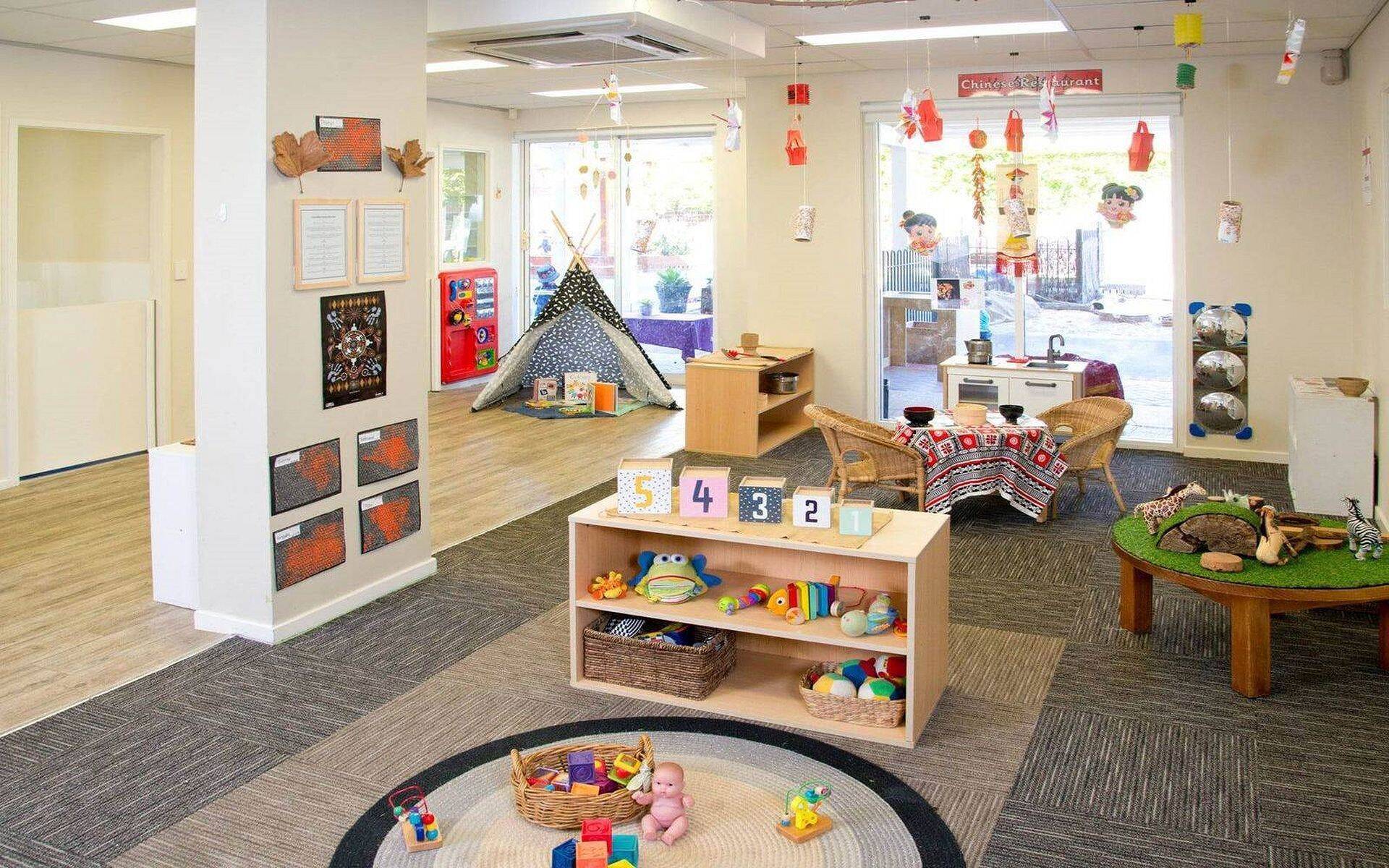
Adopting child-centred learning into Breakfast Point childcare programmes has provided measurable benefits for their young attendees. A child-centred approach engages with the child’s own interests and strengths, making learning a natural progression and outcome in any activity. Activities are designed so children are naturally drawn to engage in learning opportunities that they can enjoy at their own pace.
Activities Aligned With Children’s Interests
When Tristan enrolled his son Thomas into his local childcare centre, the educator spent time asking him about what kind of activities Thomas enjoyed and whether he had any particular interests. Tristan learnt that this was so activities could be designed around his son’s preferred topics. He loved the open plan arrangement and the placing of the games, building blocks and toys at the children’s level so that they could move around the room and choose their own activity.
Free Movement
In a child-centred setting, activities are arranged in zones, or learning areas with activities that concentrate on one topic, say number or colour, placed in the same location. The setting allows a free flow of movement from one area to the other, so the children can spontaneously change from activity to activity, taking part in activities at their own speed and attention span. The outdoors should also be seamlessly connected to the indoor spaces, allowing children to move freely between activities such as climbing, wheeled toys and ball games and the indoor areas.
Multiple Benefits
The benefits of child-centred learning are numerous. Learning intrinsically through play ensures children maintain their self esteem and joy of discovering and builds confidence in their own abilities. Child-centred learning also helps children with socialisation, requiring negotiation, compromise and cooperation with other children who also choose to play at the same activity.
Instinctive Learning
Years of research has shown that children learn naturally through independent play and will intuitively play with objects that replicate the adult world. Children love to play at cooking, gardening or talking on the phone, imitating their parents or other adults. They love to explore patterns and discover how objects work with simple experiments such as putting things inside each other or pulling something apart.
With a Bit of Help
Most childcare centres also offer teacher directed activities for specific learning moments, in the sandpit, with water or the garden for instance. Singing and movement activities can also be teacher directed. The teacher’s role in a child-centred programme is to facilitate learning by making activities available that promote new knowledge and assisting children to achieve their objectives when appropriate. They should ensure that any programming is dominated by child centred time and that teacher directed activities are a small part of the day.
Tristan enjoyed that Thomas was allowed the kind of unstructured play he would get in a natural setting. He felt that Thomas had become more confident in his daily life. Breakfast Point childcare programmes provide children with the opportunity to discover, explore and learn freely, with carefully designed settings and activities, enhancing their learning journey.



